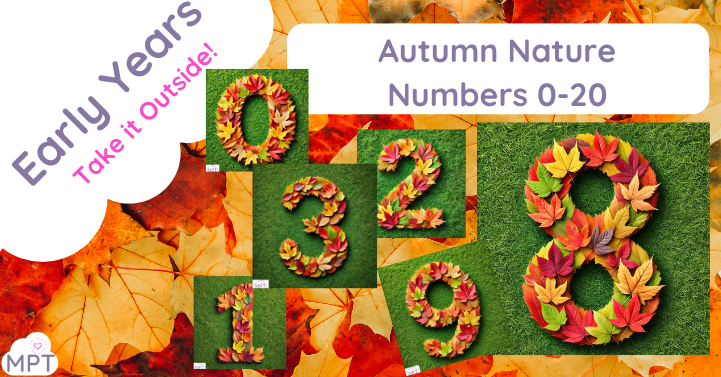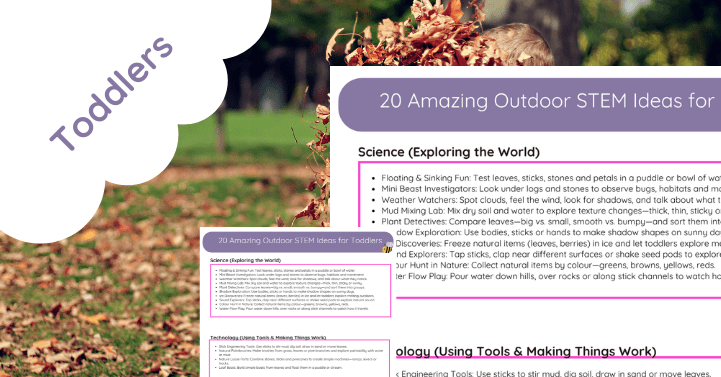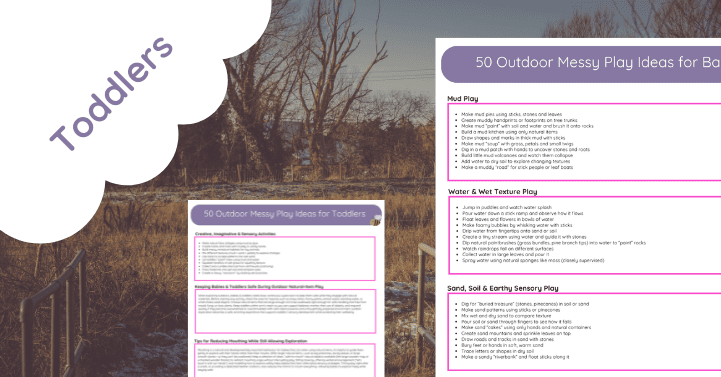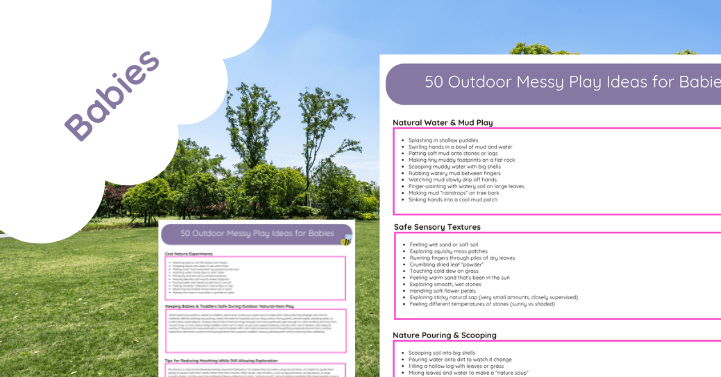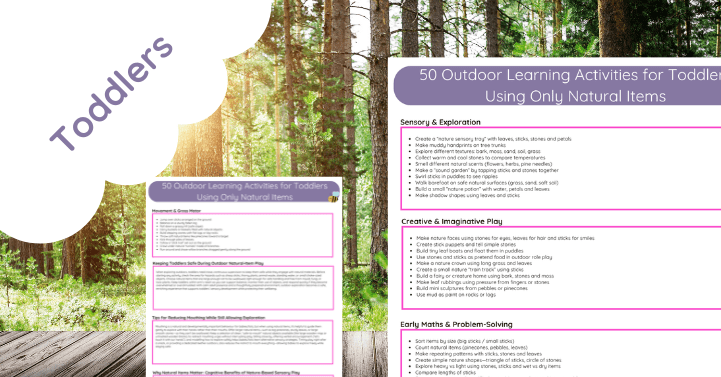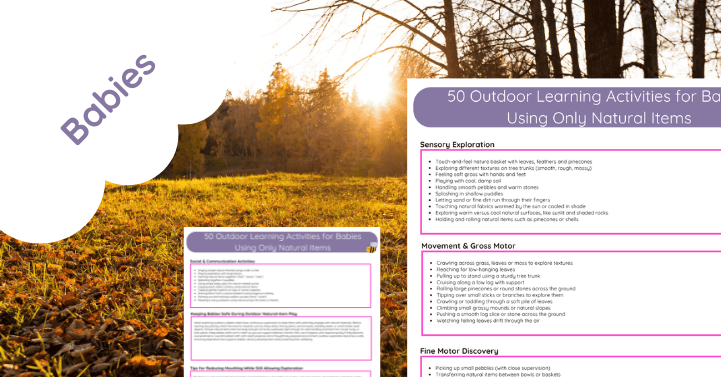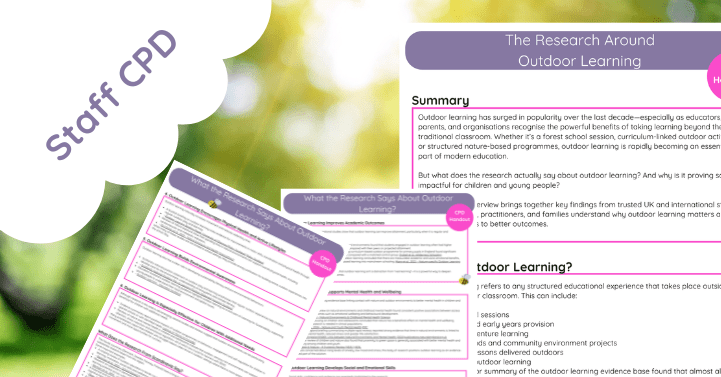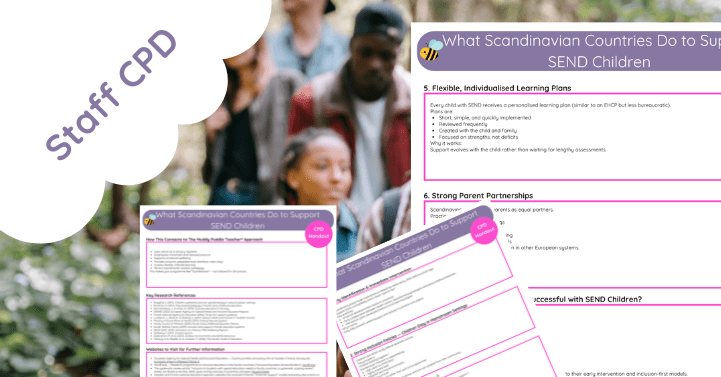Autumn Nature Numbers: Engaging Display for Indoor & Outdoor Learning Spaces
Celebrate the beauty of autumn while enhancing numeracy skills with our Autumn Nature Numbers! Perfect for teachers and early years educators, these nature-inspired numbers, crafted from vibrant autumn leaves, bring the colors and textures of fall into your learning environment. Each number, from 0 to 20, is designed to capture children’s attention, encouraging curiosity and engagement in both indoor and outdoor displays.
Ideal for nature-themed classrooms, outdoor learning, or seasonal decorations, these numbers offer a versatile, visually captivating way to reinforce number recognition, counting, and basic math concepts. Use them to create autumnal number lines, math stations, or interactive counting games. Crafted to withstand a variety of display conditions, they add a touch of nature to any educational space, making numeracy activities visually appealing and fun.
Product Highlights:
- Nature-Inspired Design: Each number is formed with realistic, colourful autumn leaves, bringing the beauty of the season to life.
- Versatile for Indoor & Outdoor Use: Suitable for both classrooms and outdoor learning areas, allowing for flexible display options.
- Educational & Decorative: Supports early numeracy skills, number recognition, and counting in an engaging, nature-themed format.
- Durable & Reusable: High-quality design ensures longevity, so you can use them year after year.
Enhance your learning environment and celebrate the season with Autumn Nature Numbers—a fun, educational tool that makes numbers exciting and interactive for young learners!
The Importance of Connecting Early Years Children with Nature
In today’s fast-paced world, children are spending less time outdoors than ever before, with many activities focused on screens and indoor play. However, research consistently shows that time spent in nature has a profound impact on young children’s development, fostering physical health, emotional resilience, cognitive skills, and a lifelong appreciation for the environment. For early years children especially, nature is an ideal classroom that offers boundless opportunities for learning and growth. Below, we explore why connecting children with nature is so beneficial, backed by research and insights from experts.
1. Boosting Physical Health and Well-Being
Time spent outdoors encourages children to engage in active play, which is essential for building strong muscles and bones, improving coordination, and maintaining a healthy weight. The World Health Organization (WHO) recommends that young children engage in at least 60 minutes of physical activity each day, and outdoor play is a natural way to achieve this. Activities like running, climbing, and balancing on logs or rocks help develop motor skills in ways that indoor environments cannot match.
As The Mayo Clinic notes, physical activity also supports cardiovascular health and strengthens the immune system in young children (Mayo Clinic). By allowing children to move freely in open spaces, nature provides the ideal environment for developing these critical physical skills.
2. Enhancing Sensory Development
Nature offers a rich sensory environment that encourages children to see, touch, smell, and listen. According to Edutopia, sensory experiences are crucial for early childhood development because they help children process information and form connections to their surroundings (Edutopia). Outdoors, children engage with diverse textures, colors, and sounds—like the crunch of leaves, the smell of earth, and the sight of vibrant flowers—providing a holistic experience that fosters brain development and sensory awareness.
Outdoor activities like collecting rocks, feeling different types of bark, or listening to birds allow children to use all their senses, making learning more immersive and memorable. This sensory-rich play is critical in building neural connections that support cognitive growth.
3. Supporting Social and Emotional Development
Nature also plays an essential role in social and emotional development. The Children & Nature Network highlights that outdoor play often involves collaboration and communication, as children share, negotiate, and problem-solve with peers (Children & Nature Network). Building a fort, for example, requires teamwork and fosters empathy, as children work together to achieve a shared goal.
Additionally, spending time in nature has been shown to reduce stress and improve mood. Harvard Health Publishing reports that exposure to green spaces and natural settings can reduce cortisol levels (the body’s primary stress hormone) and increase serotonin, leading to better emotional well-being (Harvard Health). These emotional benefits are crucial in early childhood, helping children build resilience and manage their emotions effectively.
4. Developing Cognitive Skills and Curiosity
Nature is a powerful teacher, offering endless opportunities for exploration and discovery. When children observe insects, watch clouds, or explore how plants grow, they naturally engage in scientific thinking, fostering critical cognitive skills. According to Stanford University, nature-based play is linked to higher levels of creativity, problem-solving, and even early literacy skills (Stanford University).
Activities such as counting acorns, identifying different types of leaves, or observing the changes in the seasons promote curiosity and encourage questions, helping children understand the world around them. By nurturing a natural love of learning, nature-based play lays the foundation for academic success and a lifelong passion for discovery.
5. Cultivating Environmental Awareness and Responsibility
One of the most impactful benefits of connecting early years children with nature is instilling a sense of environmental stewardship. When children interact with the natural world from a young age, they develop an appreciation for its beauty and an understanding of its ecosystems. The National Wildlife Federation emphasizes that early exposure to nature fosters environmental awareness, which is crucial as we strive to address global environmental challenges (National Wildlife Federation).
Simple activities like planting a tree, caring for a garden, or exploring local parks can teach children about the importance of preserving and protecting nature. These experiences build an emotional connection to the environment, encouraging children to become responsible caretakers of our planet.
6. Fostering Independence and Confidence
Nature presents opportunities for children to explore, make decisions, and take risks in a controlled environment. This sense of freedom helps build independence and self-confidence as children learn to trust their abilities. Play England emphasizes the importance of outdoor play in allowing children to take safe, manageable risks crucial for developing self-reliance (Play England).
Outdoor environments encourage children to push boundaries, like climbing trees or balancing on rocks, and they gain confidence from these small achievements. These experiences teach resilience as children learn to assess their abilities and understand that setbacks are part of the learning process.
7. Creating Meaningful Connections with Family and Community
Outdoor play is not only beneficial for children individually but also provides a space for family and community bonding. Families who spend time outdoors together create shared memories and build stronger relationships. Community parks, nature trails, and outdoor learning events foster a sense of belonging and social connection that benefits children and parents alike.
Research from Outdoor Classroom Day, an international campaign promoting outdoor learning, found that outdoor play can enhance family relationships and bring communities together by encouraging shared experiences in nature (Outdoor Classroom Day). These experiences help children feel connected to their family and community, creating a foundation of trust and support.
Bringing Nature Into Early Years Education
Incorporating nature-based activities into early childhood education doesn’t require complex setups or large outdoor spaces. Simple activities like nature walks, sensory scavenger hunts, or seasonal art projects can have a profound impact on children’s development. For teachers looking to integrate nature into their curriculum, the Muddy Puddle Teacher approach offers structured, nature-based learning resources tailored to early years education.
The benefits of connecting children with nature go beyond the classroom, providing lifelong skills, emotional resilience, and an appreciation for the environment. By encouraging young children to explore and play outdoors, parents and educators can foster holistic growth and well-being, setting children on a path to become curious, confident, and compassionate individuals.


